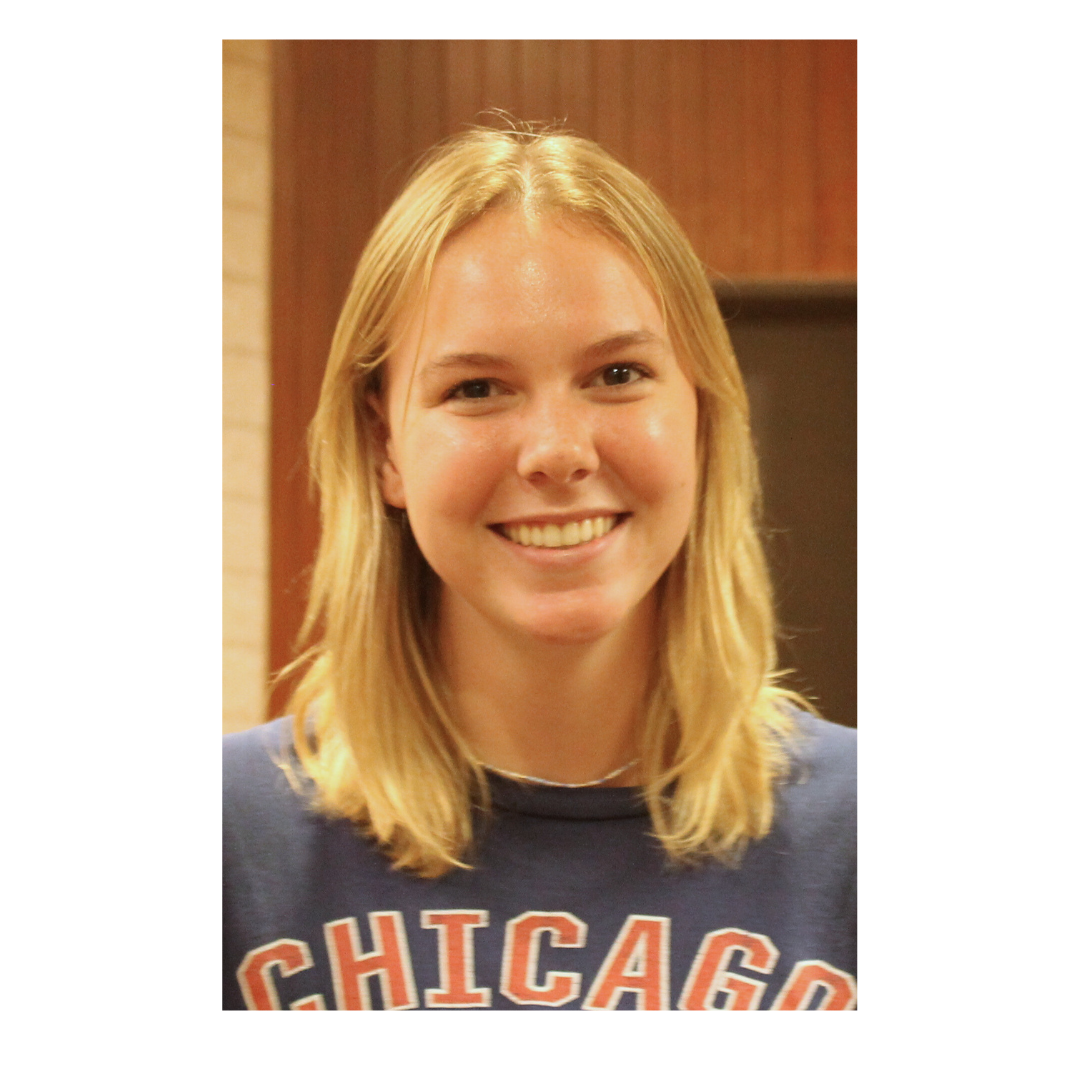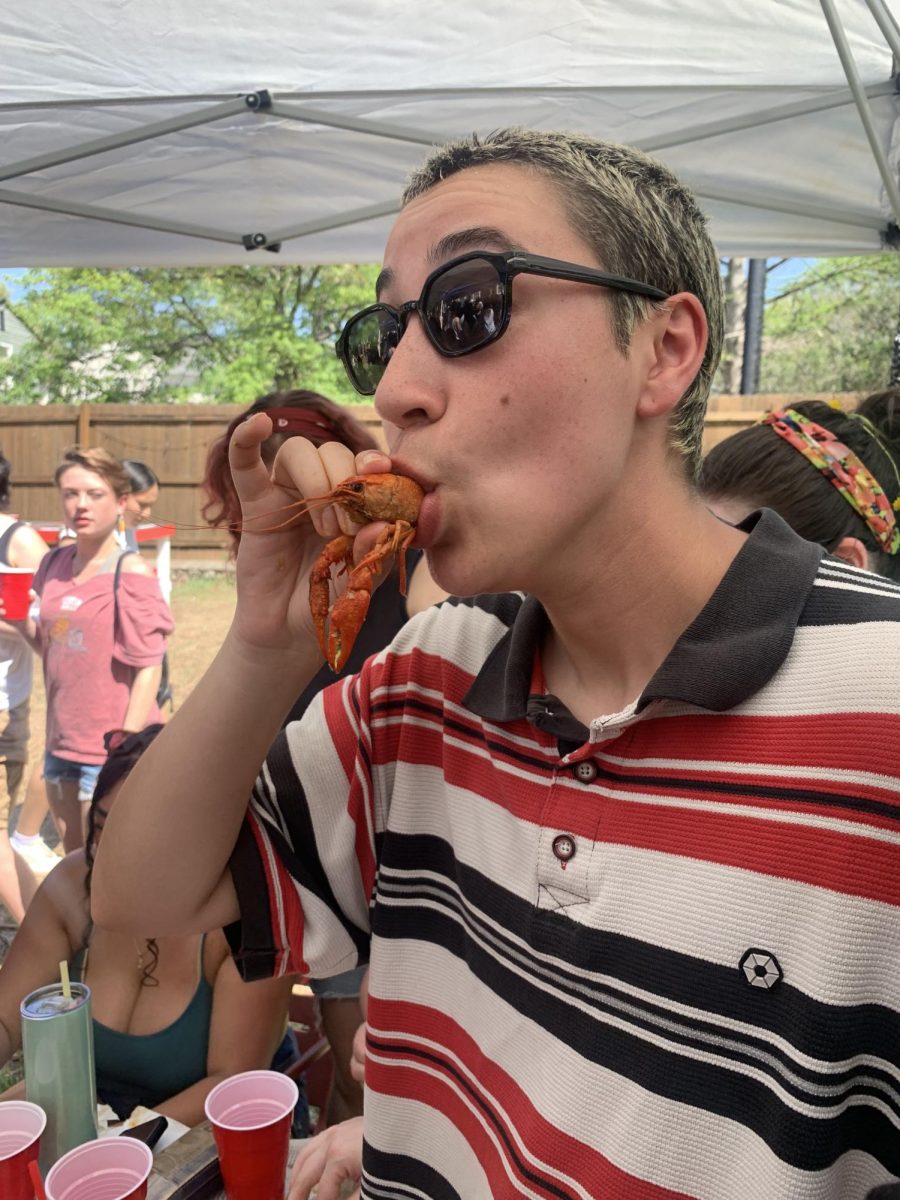Calvert residents have been chosen to pilot the Below Optimal Buzz program, which will allow underage residents who are caught drinking the chance to use a breathalyzer to check if their blood alcohol level is below the sanctioning of the optimal buzz, created by Richard Reams, the associate director of counseling services.
The program, created by David Tuttle, associate vice president for student affairs and dean of students, is based off of the Optimal Buzz program.
“In a nutshell, it’s a way to really put Dr. Reams’ Optimal Buzz program into action and to give students an incentive to not binge drink,” Tuttle said.
Reams’ program is based upon the idea that each person can achieve a state of inebriation that allows them to let loose and have fun while remaining in control of their faculties. Reams classifies any blood alcohol level between .04 and .06 as the optimal buzz.
At Trinity, Tuttle and members of Residential Life hope this new practice will encourage students to drink responsibly.
“It gives you a say that “˜alright it is fine that you are drunk within certain limits’,” said Nupur Agrawal, a resident mentor in Calvert.
While Reams has a set definition for the optimal buzz, Trinity has yet to decide what its optimal buzz levels will be.
“We haven’t ironed out all the details yet. We will identify that blood alcohol level that students drink up to or below that level that they won’t receive a standard alcohol violation,” Tuttle said.
The penalty for students who are at or below the optimal buzz is much less stringent than those who are above it.
“They’ll get up to three warnings that really come with no consequences,” Tuttle said.
Reams is hopeful that the program will help students develop safe drinking habits.
“For students who do drink, and that’s about eighty percent of students overall, most have never been taught how to drink strategically,” Reams said, the associate director of counseling services.
Binge drinking is considered a serious problem on campus, and this program seeks to enforce a more tolerant approach to alcohol consumption while promoting responsible drinking.
“Our philosophy is that we are not against alcohol and the law compels us to have a policy that mirrors the drinking age,” Tuttle said. “We are not against alcohol per se, we just have to enforce the policies that’s basically the law. Where we have the most problems is when people get trashed by drinking. We are trying to help illustrate to people how to get to that point before they are getting trashed to stop at that point.”
Tuttle wants students to keep in mind that they are not required to use the breathalyzer.
“If they don’t want to do it then they don’t have to do it by any means. People that are clearly intoxicated won’t have an option to do it. We don’t want to get to a point with someone where they are blowing something that makes us wonder if we should take them into detox,” Tuttle said.
Calvert resident mentors will be given access to breathalyzers in the Witt center at all hours of the day for the students who want to utilize the program.
“I thinks it’s a great program. I think it provides residents with a safe ground. It’s a college campus; we know that drinking is going to occur. We cannot stop it from happening no matter what we do,” said Agrawal.






